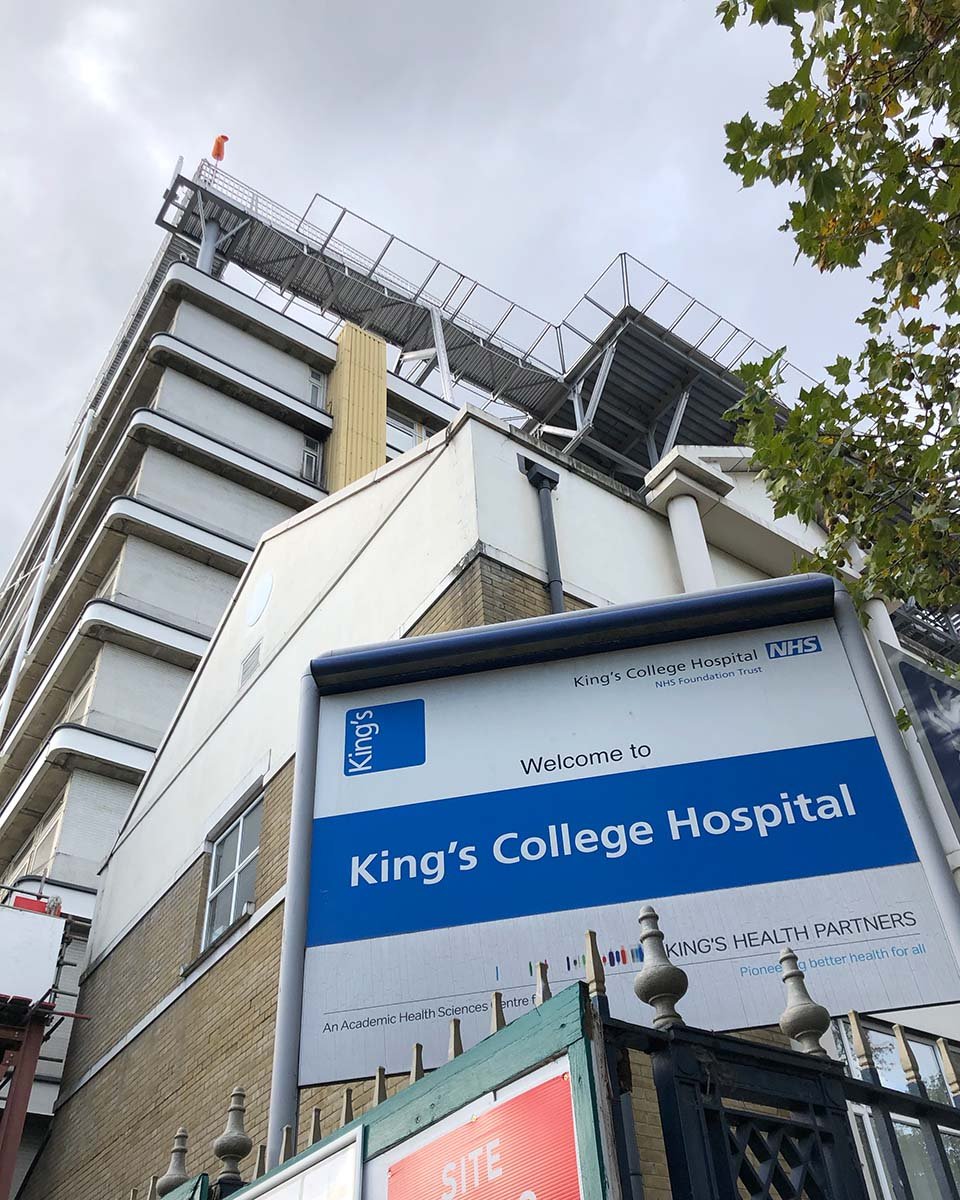The Covid Alternative to an Expedition
[Fighting Covid as a Critical Care Support Worker]
[Oct 2020 – May 2021]
[Intensive Care Department, King’s College Hospital, London]
As the Covid-19 pandemic rolled on and expeditions even within the UK seemed increasingly unfeasible, I put my efforts into an alternative ‘expedition’. Hospitals across the country were undoubtedly going to be stretched to the limit that coming winter.
Initially I put myself forward to work at the London Nightingale Hospital for which I was trained up for just before the hospital was closed. Shortly afterwards I applied to do a similar role at King’s College Hospital and started there not long before the second wave hit. The learning curve was remarkably steep, as was the rise in cases following the Christmas period of 2020. Many wards and theatre recovery units in the hospital were turned into intensive care units as the demand grew. Additionally, Combat Field Technicians from the British Army were deployed to support us further.
My role as a Critical Care Support Worker was to assist the nursing team of my intensive care unit. The shifts ran from either 7.30 am or 7.30 pm for about 12.5 hours. The tasks included helping wash and roll the patients and resupplying the nurses restricted to their side rooms with medication and consumables. Samples had to be run down to the lab and blood brought back from the bank. The stock of the oxygen tanks, the nasogastric feeds, the clean linen, the personal protective equipment, the scrubs, and the general medical equipment consumables had to be kept in check, so we wouldn’t run of those things in the small hours of a Sunday morning.
An expedition? Really?
Before the pandemic, I would never have considered such an undertaking an expedition. In many ways, it is not an expedition, but in plenty of others, it was comparable to a big one. The days and nights working in the intensive care unit were hard and long. The environment was alien to me beforehand. Although many people work on the nursing team in critical care every hour of every day of the year, there was a greater level of danger to my colleagues and me through last winter as the vast majority of our patients were Covid positive. The nurses were working beside 1-4 patients throughout their shifts – closer than the 2m advised distancing of course – while Critical Care Support Workers would often help reposition or wash most of the patients in the unit in the same 12.5 hours.
Often expeditions require specialist equipment and PPE was needed to protect us from the virus, which surrounded us on those shifts. To help keep chins up through those dark times, I would embellish each of my FFP3 face masks with a moustache using my mini Sharpie. It seemed to go down well with my colleagues!
So, while this work was wildly different from an expedition trekking across the ice sheet in Svalbard or paddleboarding along a foreign coastline, it was challenging for me (and for my colleagues). I was way out of my comfort zone at times, sometimes struggling with the levels of Covid and the type of work environment I was unfamiliar with, but feel I have come out of it stronger. Although I slept in my own bed each night (unless I was on another night shift) it was an expedition of sorts, and one I will remember.
I undertook this role to give something back to the National Health Service. Following severe trauma in 2011, I ended up in intensive care and needed 10 operations to rebuild me. The NHS has given me so much and my time as a Critical Care Support Worker through that difficult winter enabled me to give a little something back to this essential institution.



